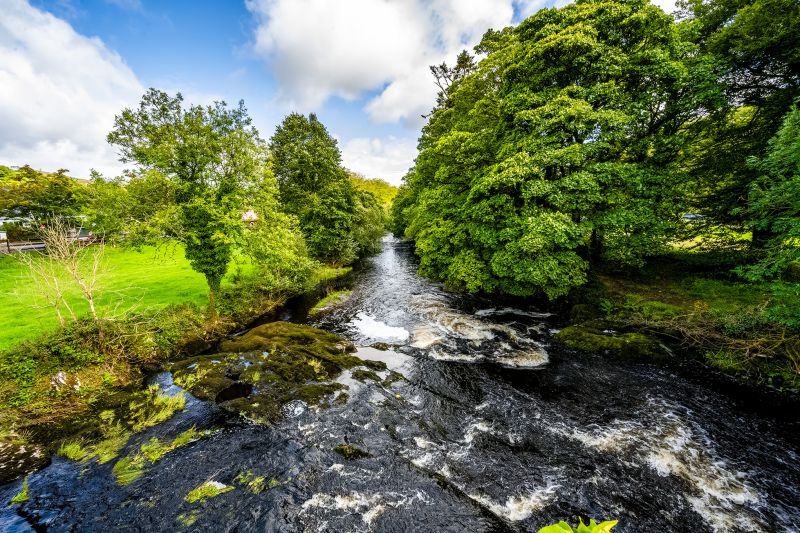David Cooper, acting executive secretary for the UN convention on biological diversity (CBD) has said that the decision by the government to backtrack on environmental promises is being driven by politicians and vested interests, not the public.
This is even as he called for greater support for those experiencing short-term costs from green policies.
UN biodiversity chief was quoted as saying that he believed the public mood was not moving against greater environmental protections, and that vested interests opposed to action on the climate crisis and nature loss were trying to frustrate progress.
His comments come after a series of backtracks on climate commitments by the UK government and a political backlash against nature restoration policies in the EU from farming, forestry and fishing industries.
Less than a year after governments agreed this decade’s targets to halt the destruction of the natural world, Cooper said that while meeting some climate and biodiversity targets required short-term tradeoffs, they were vital for maintaining a habitable planet now and in the future.
Read also: New law to mandate firms to reveal carbon emissions
“I don’t accept that the public mood as a whole is moving against the environment. The public as a whole, and particularly young people, see this as more and more important,” Cooper said. “We see some backtracking in different parts of the world but a lot of this is political groups trying to find wedge issues to gain a marginal advantage in an upcoming election,” he said. “When the public are allowed to express their views, they come up with good decisions.”
The UN boss cited the recent citizens’ assembly on biodiversity in the UK and the vote in Ecuador against continuing with oil and gas exploration in the Amazon rainforest as moments when the public had pushed for stronger environmental protections.
“People are actually ahead of the governments. We must not allow ourselves to be persuaded that there is a pushback by the public as a whole,” he said.
Story was adapted from the Guardian.
